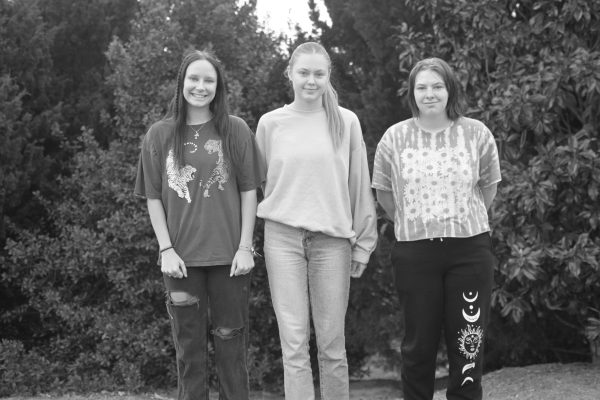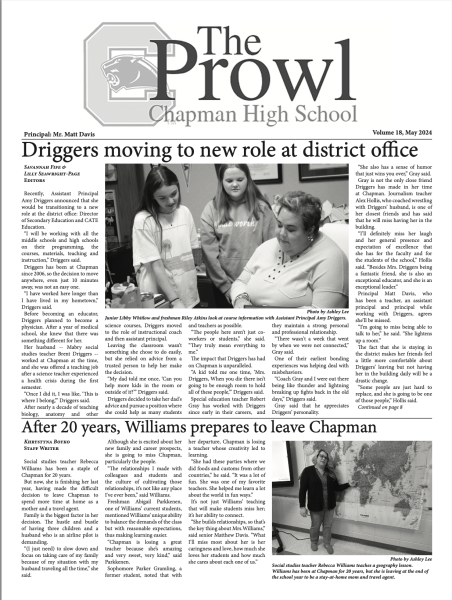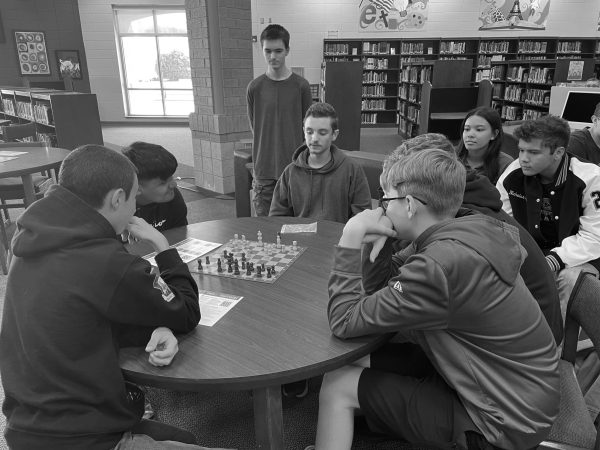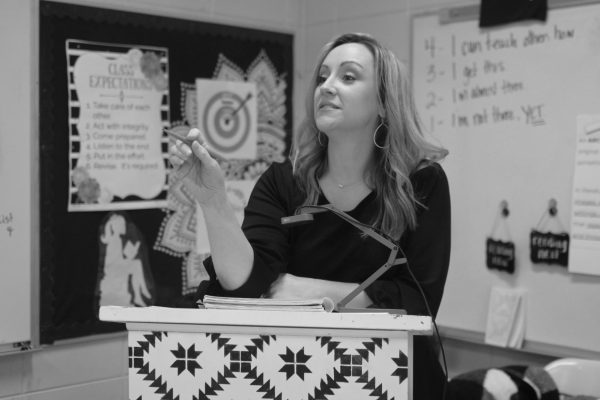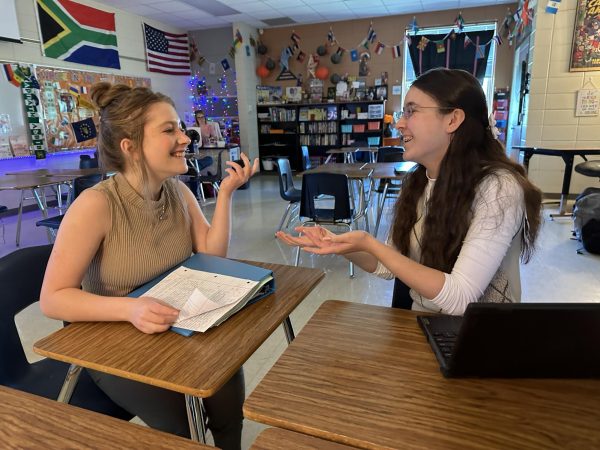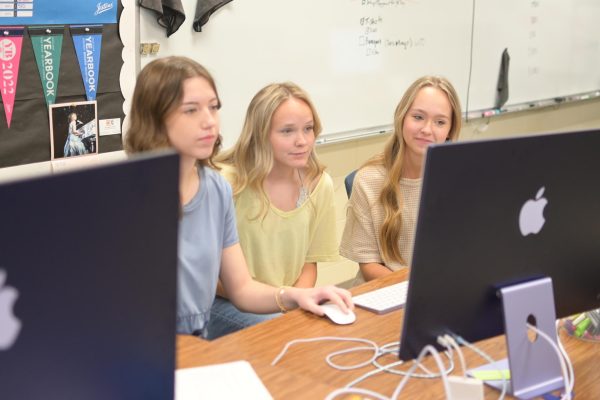How the pandemic has affected students’ mental health
Being stuck inside with limited human contact for months isn’t easy and definitely has some consequences. Because of COVID-19, people all around the world were forced to remain in their houses for months, rarely able to get out.
Since then, things have started to open back up and everyone is getting used to our new normal, but has anyone asked what kind of side effects were left behind because of a four month quarantine ?
Quarantine was hard on everyone, but the ones it really took a toll on was teenagers. Teenagers already struggle with their mental health, and now it has only been made worse due to the lack of human contact for months.
Guidance counselor Jarrod Ray said anxiety has been a major problem for years now.
Ray said people with anxiety tend to have intrusive thoughts and avoid certain situations out of worry or fear.
“Well, that sounds like practically everyone lately, doesn’t it? We’ve all been impacted by the circumstances surrounding COVID-19 and it affects us to different degrees based on many factors.” Ray said.
COVID-19 has drastically changed life for everyone. Quarantine caused many people to cut off the majority of their social contact during those few months of isolation, and many now continue in their post-quarantine lives , maybe without even realizing it.
Many students at Chapman have stopped asking for help, and Ray said that he has noticed a decrease in the amount of students coming to the guidance counselors for help.
“One reason is that for the students that are on campus, there seems to be more of a disconnect between them and other students and teachers.” Ray said.
When students seek help dealing with their mental health, Chapman counselors have to know what to say and how to say it in order to help the students as best they can. Many times counselors will have different questions or methods to use when kids come to them.
Ray said solutions are not always easy because the problems can stem from any area of a person’s life. However, our thoughts and how we respond to life’s difficulties is our most important defense.
“A good question to ask is, ‘What lie am I believing about myself or this situation?’ So often our thoughts or feelings are based on something real, but then get distorted or magnified,.” Ray said.
Your donation will support the student journalists of Chapman High School. Your contribution will allow us to purchase equipment and cover our annual website hosting costs.


